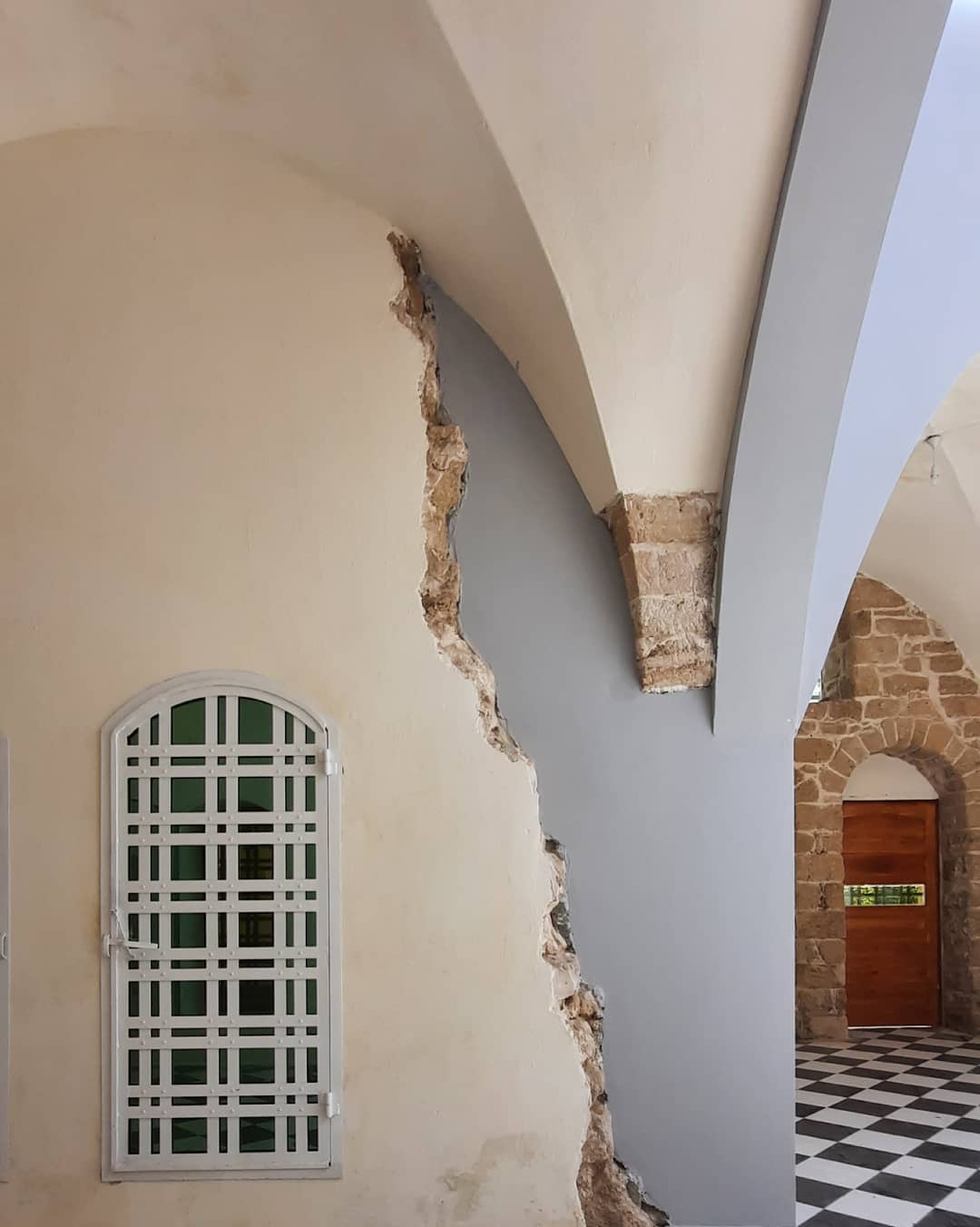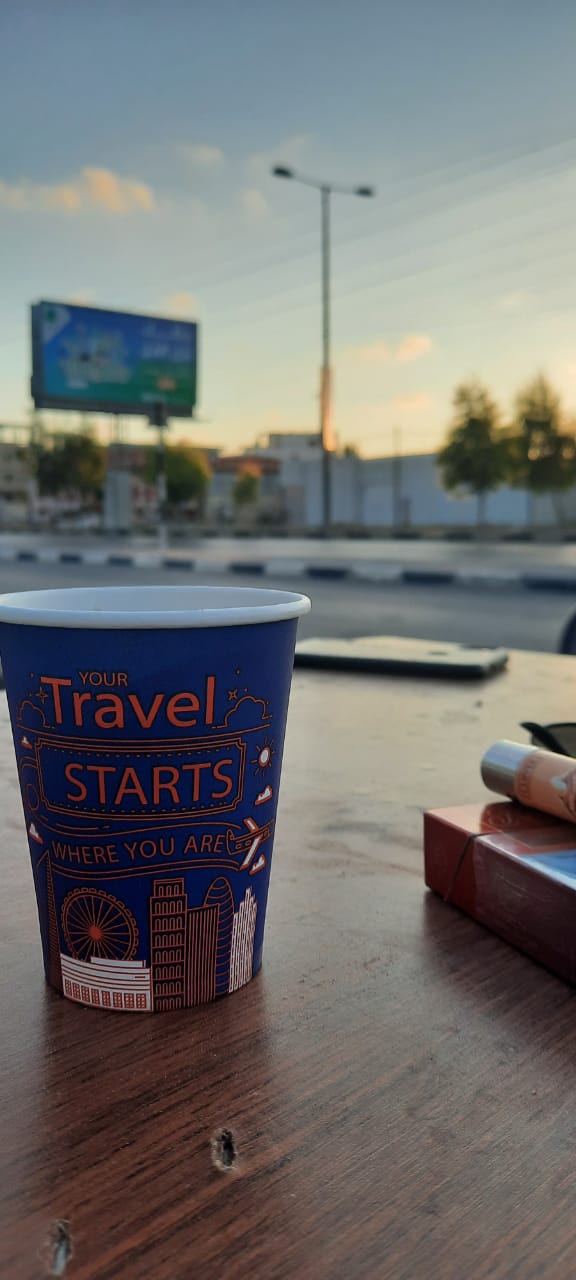Surviving
I was playing cards on the shore in Rafah when the cafeteria owner came to inform us that the police had ordered them to close. We threw our cards down and went back home. At 11 o’clock, the people looked as if they were silently expecting war. We went back home without absorbing what happened or how the Coronavirus had been able to penetrate the Gaza blockade and spread inside. This came along during a round of escalation and negotiations that were taking place between Hamas and the Israeli occupation through brokers.
Last March, Gaza lived through the events of the pandemic with the rest of the world, and here it is at the end of August experiencing the pandemic on its own once more. Did it manage to surpass the problem the first time? I don’t know. Will it survive this time? This depends on a lot of issues, the first of which is that human beings are not given any importance in this area. As a Palestinian experiencing life here, it seems to me that anything is more important than the citizen. Secondly, I doubt my ability to resist the ramifications of corona. This newcomer has joined the many woes I suffer from and I am fighting to just coexist with them.
In 2008, I finished my secondary school certificate exam. My colleagues and I entered a dark hall to take this exam inside a besieged place, that had three wars imposed on it and the electricity cut off. The border crossings were shut in our faces and our lives suffer from a split society, a separation and rivalry that consumes everything.
Is survival important?
In 2020, here I am living with the Coronavirus alongside the world. I am amazed at the flexibility of the human soul and its desire to live—like I felt in Gaza during the siege. “The siege was not that bad,” we said as we saw how the virus infiltrates through open windows and other people. The border crossings are closed and our fear of our despicable enemy has increased. I read more than once about theories of underlying attempts by the Israeli occupation to bring the virus into besieged Gaza. Gaza, that had succeeded in isolating itself from the pandemic for six months, is living with the effects and repercussions of the disease.
It is impossible for the establishment in Gaza—flabby, besieged and exhausted by wars—to protect more than two million people or to provide their basic health and economic needs like the rest of the world. Therefore, I can understand people who try to circumvent curfews and closures to provide basic necessities for their families in a society where 50% live below the poverty line.
On which margin?
I see myself as someone who survives through using the crisis, as the context in Gaza has trained me to do. I have no permanent plans, as anything could suddenly be destroyed and disappear. This has happened many times within my lifetime. It is happening again and I am convinced the worst thing that can happen is a good thing.
This is always my standpoint: I defend the destruction within me. I say to life, “this destruction is a witness of my experience.”
What pains me and what I fear the most is loss—loss and defeat. I have a phobia concerning the pain and drain caused by the number zero; the zero-sum economy, health and livelihood. I am afraid that life will consume me and I am afraid of losing my options.
Movement under two sieges
After I grew up and was able to leave the house to spend my free time with friends in their homes or a coffee shop and was old enough for an identity card or passport, the border crossings were shut. The airport was destroyed eight years ago, so the idea of travelling and exiting Gaza gradually became an idea that resembled finding water in a barren desert. The siege has been continuous over the past 15 years and during this siege, we have been deprived of our right to live. It ensures that the electricity supply is reduced from 24 hours a day to 8 at best. Also, the chances of living within a normal context that can guarantee stability on psychological, economic and social levels are reduced. Moreover, three grinding wars have taken place and waves of escalation occur from time to time.
Throughout the years of the siege, the Gaza Strip began to resemble the salon of a large family—a family of two million with a small sea, small recreational parks, a large market and a port resembling the pictures we drew as children. In this salon, many of the residents know each other and it is not difficult for people to become acquainted. Basically, our grandparents and parents know each other, and one can easily find that people from the furthest north of this salon are related to those in the furthest south. What brings us together are our stories about the same events, whether during wars or happy occasions, as we live our stories here communally. So, you can hear about the details of war and life in the heat without electricity in the summer and the siege and unemployment and the ‘return’ demonstrations from everyone, as if they were one person living the same story for 72 years under the occupation, 15 years under siege and this year of Coronavirus.
On the side-lines of dullness
Gaza once more—I claim to know what I am doing and I go to meet my destitution by saying this is my experience. I claim that I came back to express the destruction within me. The destruction witnessing my siege, experience and identity; the destruction that includes my family.
I try to express my feelings in this essay, but what I want to say is that I have become numb and cannot feel pain. The pain of my experiences, disappointments, wars. Being stranded and unsuccessful has become normal and happens all the time. I have started to hate my defeat and have become better at transcending things. I browse through papers and news channels or my accounts on social media and see the world, with its tragedies and achievements, as a farce. Nothing can provoke me, neither the sight of a blast nor even the sight of fireworks during a feast celebration.
Finally
Life approaches me like a wave. It starts high and then becomes nothing. The details come like waves; they amaze me, please me, make me sad, make me cry, frighten me, cast me down then become nothing after a little while.
Through patience, hope and insight have come to me, but I still hear a voice repeatedly weeping from defeat due to more waiting and running towards nothing.
Oh life, you have taught me to stand tall. In order not to fall, you said, “do not run, but saunter, do not feel defeated, walk slowly.” You said, “weeping is a rope around your feet.”
Life approaches me like waves that are high and then become nothing.

